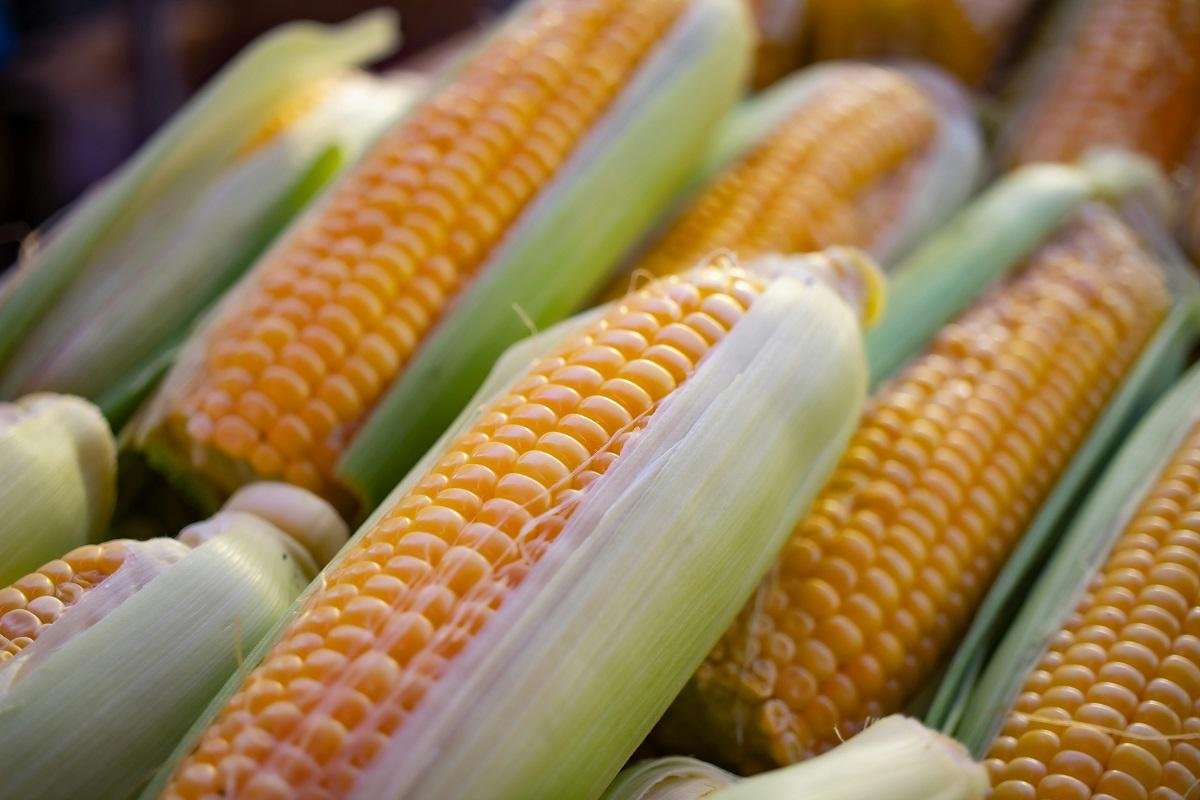Vegetable or Grain? Understanding Corn’s Identity

Corn, or Zea mays, is a versatile crop with a presence in cuisines and cultures worldwide. Its classification, however, is a source of debate and confusion. Is corn a vegetable, a grain, or something else? This article explores the different perspectives that define corn's identity, shedding light on its multifaceted nature.
Botanical Classification
From a botanical perspective, corn is classified as a grain. It belongs to the Poaceae family, which includes other cereal grains like wheat, rice, and barley. Botanically, grains are defined as the seeds of grass plants. Corn kernels, being the seeds of the corn plant, fit this definition perfectly. Therefore, in botanical terms, corn is unequivocally a grain.
Agricultural Context
In agriculture, corn is predominantly grown as a grain crop. Most of the corn cultivated globally is field corn, which is harvested when the kernels are dry. This type of corn is used to produce a variety of products, including cornmeal, corn syrup, ethanol, and animal feed. The agricultural industry thus primarily treats corn as a grain crop, focusing on its role in producing these grain-based products.
You can also read our other articles, https://almukhbir.com/
Culinary Classification
Culinary classification, however, introduces more complexity. When corn is consumed fresh—such as sweet corn on the cob or fresh kernels—it is often treated as a vegetable. This classification is based on how it is used in cooking rather than its botanical characteristics. Fresh corn is typically prepared and served alongside other vegetables, reinforcing its identity as a vegetable in culinary contexts.
Conversely, when corn is dried and processed into products like cornmeal, cornstarch, or popcorn, it is treated as a grain. These dried forms of corn are used similarly to other grains in various culinary applications, including baking, cooking, and food manufacturing.
Nutritional Perspective
Nutritionally, corn exhibits characteristics of both vegetables and grains. Fresh corn is rich in vitamins, minerals, and antioxidants, particularly carotenoids like lutein and zeaxanthin, which are beneficial for eye health. It also provides dietary fiber and some protein, similar to other vegetables.
Dried corn products, on the other hand, are high in carbohydrates and starch, typical of grains. These products are energy-dense and serve as important staples in many diets, providing a significant source of calories and nutrients.
Historical and Cultural Context
Historically, corn has been a central food in the Americas, cultivated for thousands of years by Indigenous peoples. For cultures such as the Aztecs, Mayans, and Incas, corn was a staple food and held spiritual significance. European settlers later adopted corn, integrating it into their agricultural practices and diets.
Corn's cultural significance extends beyond the Americas. Today, it is a fundamental ingredient in many global cuisines, from Mexican tortillas to Italian polenta and beyond. Its versatility and adaptability have cemented its place in diverse culinary traditions.
Legal Definitions
Legal classifications also play a role in corn's identity. In the United States, the Department of Agriculture (USDA) classifies fresh corn as a vegetable for dietary guidelines purposes. However, when corn is dried and processed, it is categorized as a grain. This dual classification by the USDA reflects the practical uses and nutritional profiles of corn in its various forms.
Market and Consumer Perception
Consumer perception often hinges on how corn is presented in the marketplace. Fresh corn is typically found in the produce section of grocery stores, reinforcing its identity as a vegetable. In contrast, products made from dried corn, such as cornmeal or cornflakes, are found in the grains or baking sections. This separation in the marketplace underscores corn's dual nature.
Scientific Consensus
Scientists generally agree that corn's botanical classification as a grain is the most accurate. However, they also acknowledge the importance of context in its classification. Fresh corn's culinary and nutritional uses allow it to be considered a vegetable, while its dried forms align more closely with grains. This nuanced understanding reflects the complexity of corn's identity.
Conclusion
The question of whether corn is a vegetable or a grain is complex, with answers varying depending on context. Botanically, corn is a grain, but its culinary and nutritional roles allow it to be treated as a vegetable when fresh. Agriculturally and historically, corn has been a vital crop with diverse applications and significance.
Understanding corn's multifaceted identity enriches our appreciation for this remarkable crop. Whether you enjoy it as a sweet, fresh vegetable or a hearty grain product, corn's versatility and adaptability make it an indispensable part of diets and cultures worldwide. The next time you savor corn in any form, remember that its true classification is as dynamic and diverse as its uses, reflecting its unique place in the plant kingdom and human history.
- Art
- Causes
- Crafts
- Dance
- Drinks
- Film
- Fitness
- Food
- Jeux
- Gardening
- Health
- Domicile
- Literature
- Music
- Networking
- Autre
- Party
- Religion
- Shopping
- Sports
- Theater
- Wellness
- Politics
- IT
- Relationship
- Blockchain
- NFT
- Crypto
- Fintech
- Automobile
- Faith
- Family
- Animals
- Travel
- Pets
- Coding
- Comedy
- Movie
- Jeu
- Computer


